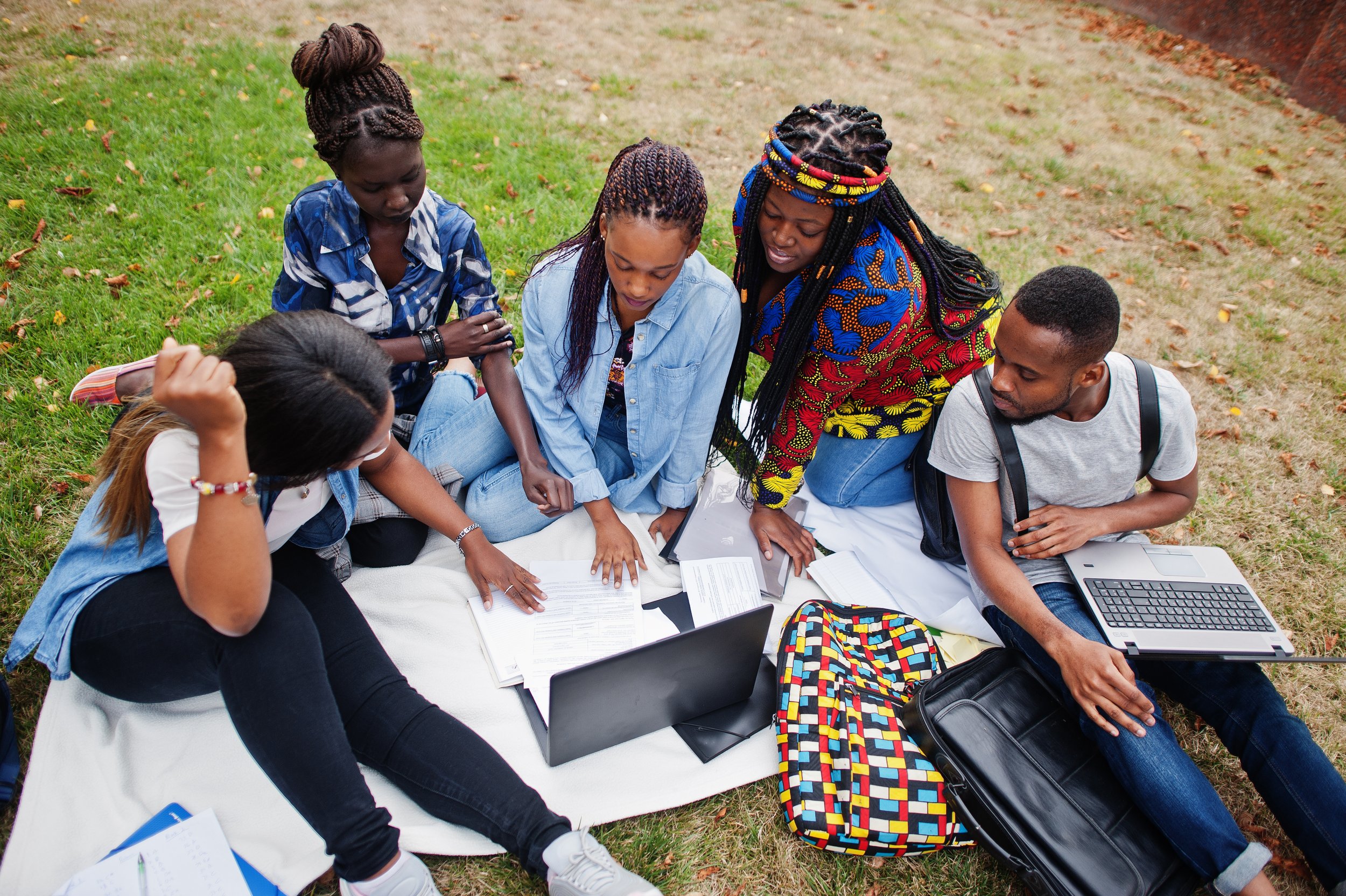
Fellows BX
The Bronx is a fitting location for the first FELLOWS ecosystem. The Bronx is a vibrant and diverse borough known for its rich cultural heritage and natural beauty. It is home to several iconic landmarks such as the Bronx Zoo, the New York Botanical Garden, and the Yankee Stadium. The Bronx is also known for its rich cultural heritage, with a large African American and Latinx population, which is reflected in the neighborhood's rich tapestry of music, art, food, and festivals. On the other hand, the Bronx has faced several challenges over the years, including poverty, crime, and inadequate access to healthcare and education. These issues have disproportionately affected low-income communities and communities of color. Additionally, the Bronx has faced significant housing challenges, including a shortage of affordable housing and displacement of long-time residents as a result of gentrification. Despite these challenges, the Bronx is a resilient community with a strong sense of community pride and a growing number of initiatives aimed at addressing these issues and promoting social and economic justice. In our program, we will focus on studying these economic justice efforts through the development of neighborhood co-op’s.
The NewComm BX Ecosystem
-

Home Base: Horace Mann School
Home Bases are “safe spaces which serve as anchors for learners, peers and advisors to build deep, stable relationships over time, set goals and navigate learning journeys”
We are excited to partner with Horace Mann to house our Saturday design studio sessions where our fellows build and refine their capstone projects.
-

Learning Hub: Fordham University
Learning Hubs are “dedicated spaces that live across the community — such as libraries, schools, colleges, museums, arts centers and labs — for young people to unpack academic foundations and concepts, research ideas, and learn specific skills”
We are grateful to partner with Fordham University to be our main learning hub for our Fellows. Fellows get a chance to learn from professors and students to deepen their knowledge on human-made and natural asset stocks in our community.
-

Field Sites: NYC Non-profit, For-profit, Grassroots Organizations
Field Sites are “commercial, public or non-profit organizations — such as businesses, farms, maker spaces, cultural centers — for learners to pursue dedicated projects, apply their learning, engage with mentors, and hone their skills and aspirations, all as they contribute to specific needs of that organization.”
Last year, we partnered with local organizations and companies such as Bronx Cooperative Development Initiative, percapita Bank, and Lower East Side Credit Union to give our Fellows hands-on experience on the particular economic challenges that local stakeholders face.
Featured Novel: Lorraine Hansberry A Raisin in the Sun
Each ecosystem’s work is inspired by the work of an influential BIPOC literary author. All of our discussions, investigations, and research start with a critical reading of this featured work. This year, we are excited to study The Bronx through the lens of A Raisin in the Sun. A Raisin in the Sun is a powerful play that explores the dreams and struggles of the Younger family as they confront racism and economic challenges in 1950s America. With compelling characters and thought-provoking themes, it's a timeless work that continues to inspire and resonate with audiences today.
Program Nuts and Bolts:
Our 4-week Summer Institute consists of the following components:
Students examine one novel using two modules: “Literary Science” and “Literary Lab.” In “Literary Science”, students dissect novels in order to discover how the characters meet pain points and strategize their way out of them. In “Literary Lab”, they leverage their literary analysis in order to conduct and assess qualitative research of their local community’s pain points.
To understand how the novel’s themes and questions live in the world, students spend immersive days in conversation with partner social impact organizations both in and outside of the classroom. We also invite company founders, movie directors, politicians, lawyers, activists, and more to join us in Roundtable discussions. These experiences provide learners with the opportunity to examine how established practitioners strategically and systematically organize themselves to make real impact.
As a capstone project, students leverage their literary study, field work, and Roundtable discussions to design and propose a project with a partner organization. Students are compensated for their work with a $1,500 stipend.

“After 13 years at [my school], this is the most explorative and fun experience I’ve ever had,”— Student Participant
Read the Word. Read the World.
The NewComm “Literary Science” process began in Philadelphia in 2014 as a full year English course. In this video, see how students leveraged the study of Chang Rae Lee’s On Such a Full Sea to design a social impact project for Tree House Books, a literacy non-profit organization in North Philadelphia. Since then, NewComm has partnered with numerous organizations in Philadelphia and the Bronx to turn libraries into maker spaces, create free yoga, dance, and mindfulness classes, design new websites, offer free gardening classes in coffee shops, and brokered relationships between community stakeholders.